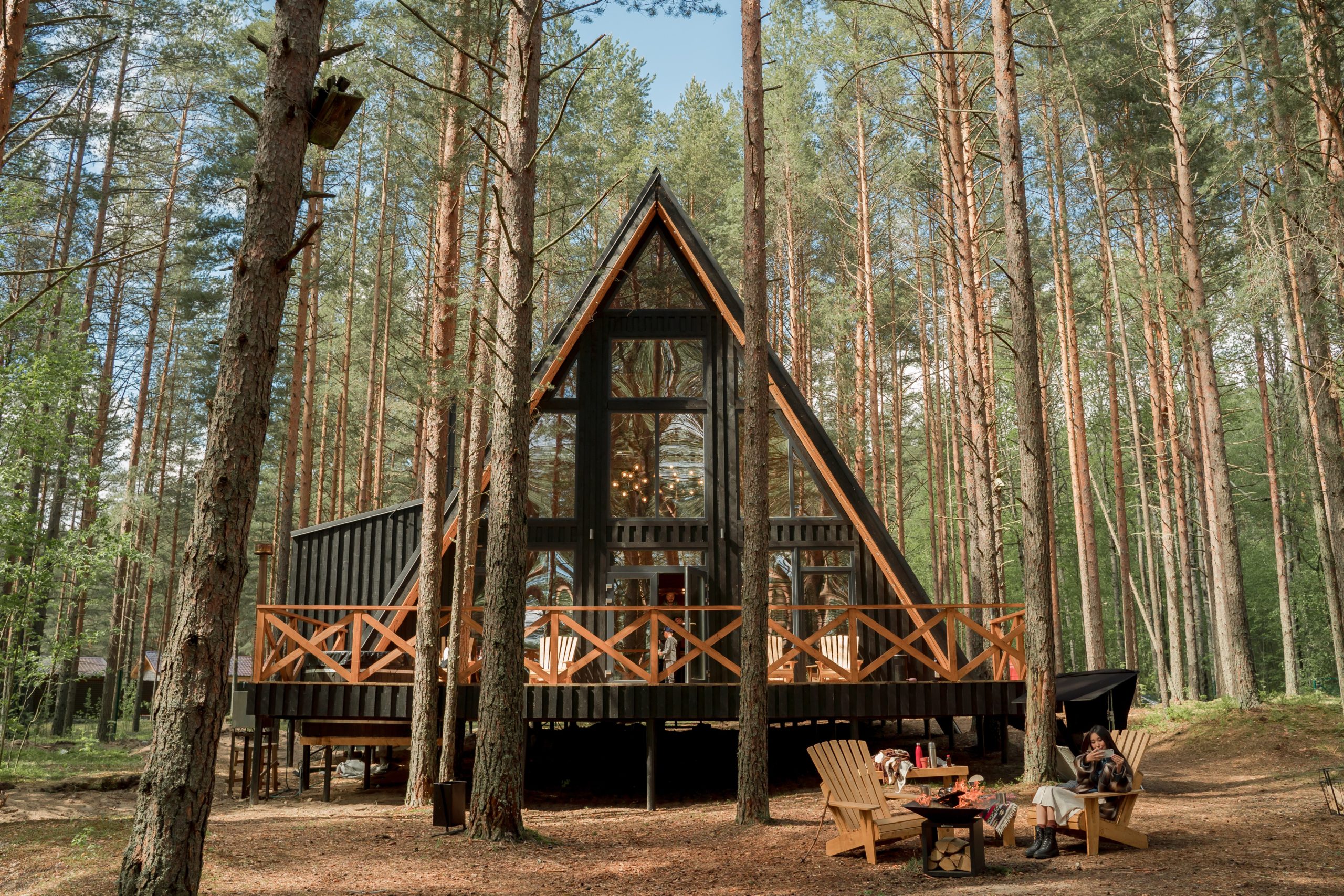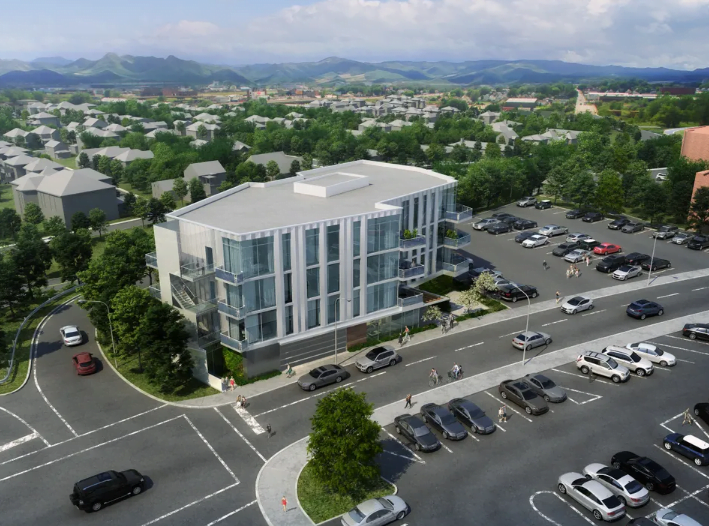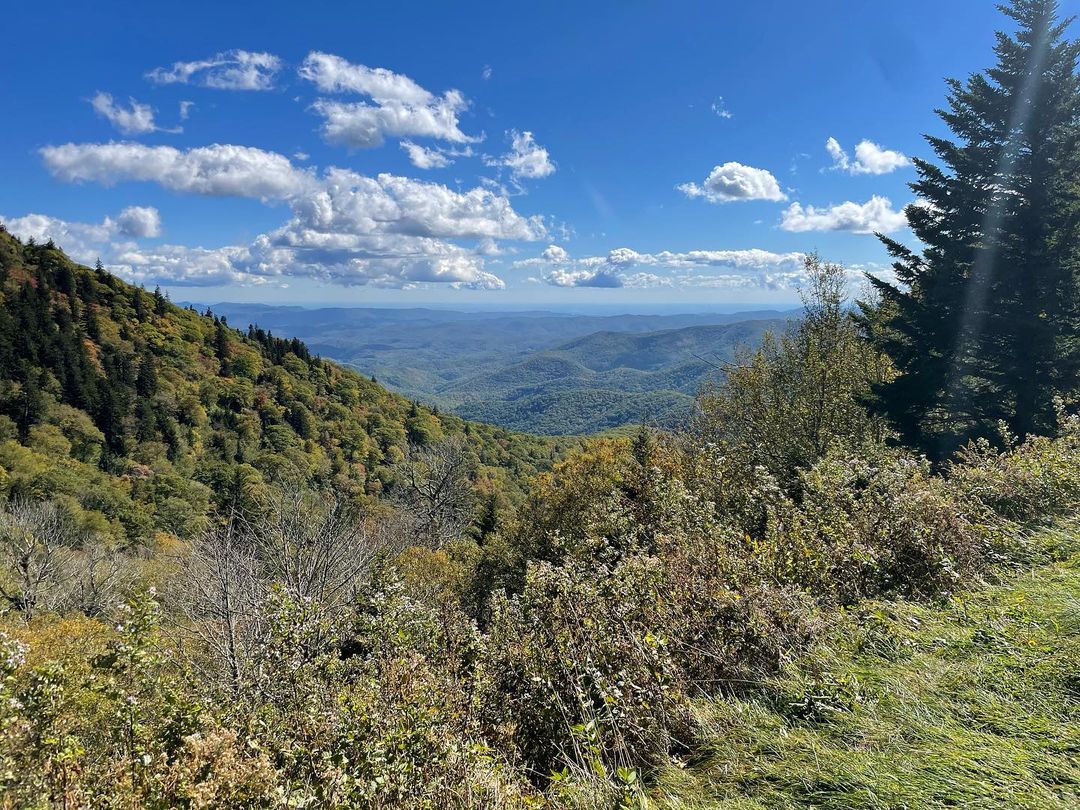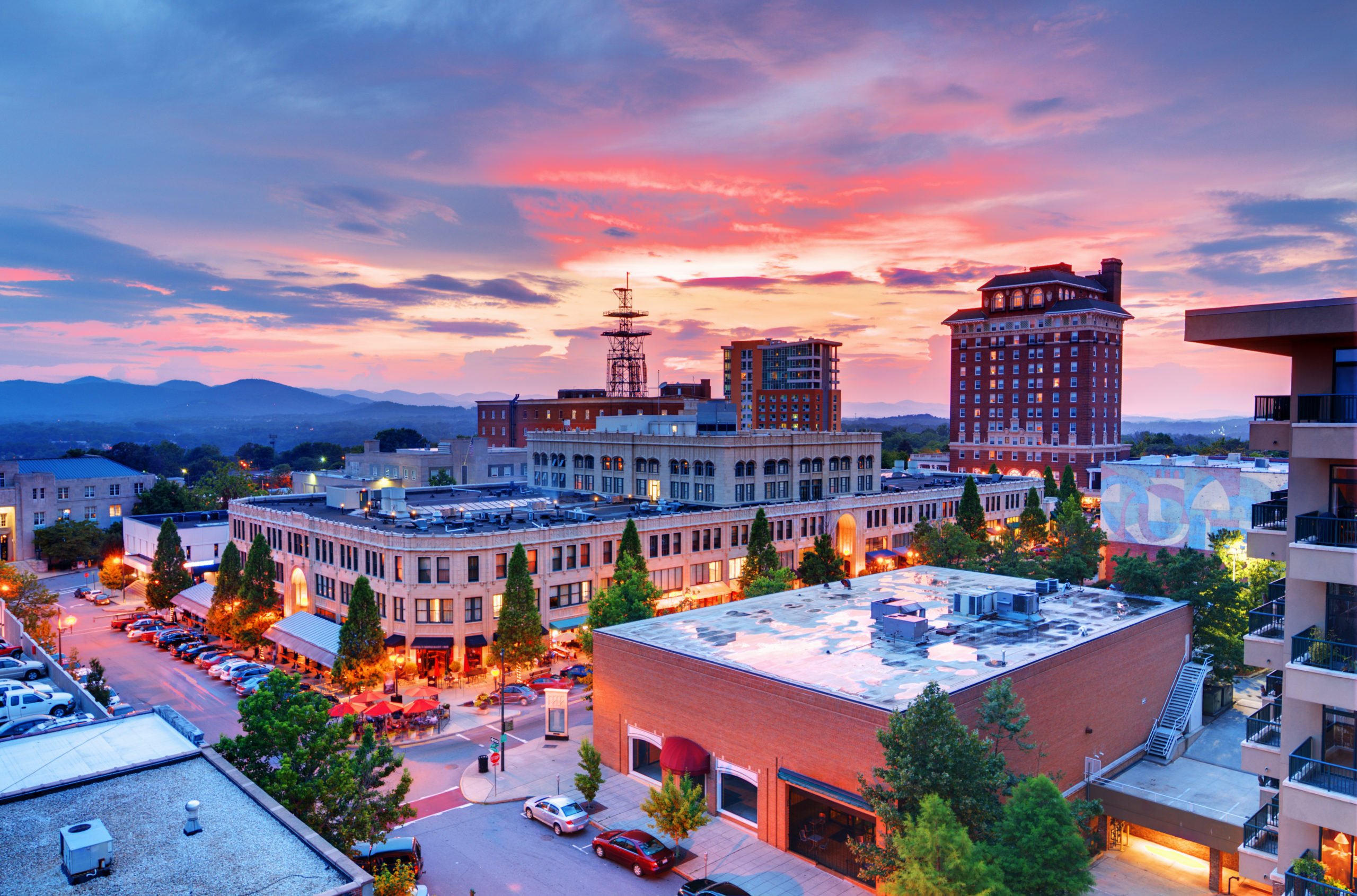
Cabin Culture in Asheville and Western North Carolina
Cabin culture is deeply ingrained in Americana, and even more finely so in Appalachia. Thousands of cabins are sprinkled across the Carolinas alone, in every county, on almost every lake, river, stream, and hillside. They vary from rustic ship-lap chalets to impressive log estates, a-frames with 360-degree porches and cabins with mother-in-law suites. Some were built in the late 1890s while others were completed with smart-home technology of the early 2020s.
North Carolina had ~192,000 seasonal or recreational homes in 2010, the 7th largest number of all the states. This figure may rise with the 2020 U.S. Census figures.
After a year of such wild headlines and frenzy, it is not surprising that the allure of the Appalachian cabin persists in Western North Carolina.
But why does the Asheville area stand out – among so many others?
The answer, like everything else these days, is complex and deeply personal.
A multi-generational ritual
For some, the trip up ‘north’ to Asheville from Florida is a migratory path that takes place each summer, as sure as the sun rises.
With friends and family in-tow, those lucky to own a cabin tote coolers, bikes, kayaks, and a few tools for good measure, up into the hills for some respite and togetherness. And, for memories.
Of course, it’s not all fun and games. Time and nature have left their mark since the last visit. The cool air has left, and porches need sweeping, rooms dusting, logs sealing. The fireplace needs sprucing. A few cords of wood are bought to bide-time until someone heads outside to stock up on wood that the property has to offer. And then, you realize the septic needs pumping.
But you keep coming back. Partners are proposed to. Dogs are trained. Anniversaries cherished. Graduations celebrated.
These cabins have been held in the same ownership hands for multiple generations. The only transfers taking place are those of past memories. These cabins are no longer romantic notions but are alive and breathing like the spruce that line the drive.
[showcaseidx_hotsheet name=”All Cabins”]
A writer’s retreat
Years ago, when I was finishing up my PhD, I yearned for a space that was tucked away from the rest of the world and connected to the Carolinas.
At the time, my ideal property would’ve encompassed a main cabin, measuring roughly 600 square feet, with a stacked stone fireplace centered opposite the main entrance. I would have been fine with a single room with a modest back area housing a bathroom and kitchenette. A small, contemplative shelter that could morph to suit my needs: introspection or complete openness. Humble finishes, restrained floor plan. A rack attached to the back of the cabin with kayak or two. A murphy bed that, when lowered, transforms the writer’s retreat to cottage. Notwithstanding the occasional wildlife on my doorstep, this seemed like the ideal space to write and contemplate, along with whatever light the day had to offer.
It wasn’t until we moved to Asheville that the promise of resurrecting my remote cabin dreams became a reality, along with many fresh sources of inspiration. There is a ton of it, if you know where to look. If stone is in order, the late wildlife artist Sallie Middleton had a storied residence in Asheville which was featured in Architectural Digest a few years back. But there are less visible sources of inspiration, too. Sometimes, you have to turn off the GPS, drive into the hills, and look through the trees.
I’ve discovered that I’m not alone in my reverence for cabins and their place in the mythos of Appalachia. IT professionals, professors, and executives alike have found their way into these hills. Usually, unbeknownst to their neighbors.
A practical investment
The romantic notion of owning an escape beyond earshot, nestled out in hills or woods, is not enough for some. Those who need a little more than leisure as an incentive no doubt consider the income possibilities that arise from a cabin purchase.
Here, the possibilities vary as much as the topography of the mountains. Want to AirBnB your new festive winter retreat with good driving distance of Asheville? There’s room for you here.
It’s also possible that you’re thinking of something else. What if you’ve been dreaming of 8 upscale cabins on a private 25 acre mountain where you can bring cabin culture to others? The mountains can accommodate. Several of these types of properties have exchanged hands in WNC in the past year.
Transfers of wealth can bring transfers of dreams and income.
Connection to nature
Asheville is the perfect example of the ever-evolving definition of what it means to be connected to “nature.” Cabin culture brings many here, but it’s not the only draw.
You can be equally at home in the mountains whether you are living in a high-rise condo downtown or in a rustic chalet in the hills.
What binds us is that we are uniquely connected to the land by being immersed in it, and through belonging in a community that cherishes sustainability and preservation. The greater Asheville area is a curious and imprecise blend of appreciation for the arts, reverence for nature, and an diverse ideologies that can make for an interesting morning at the farmer’s market.
Living here also means we learn to wrestle with the ways we have knowingly and unknowingly influenced where we live. I’m talking about the French Broad River, coal ash, and logging.
Asheville cabin market outlook
While things are certainly different in 2021, cabin culture is a strong counterbalance to the uncertainty of the year. And in my view, it is the ideal antidote.
We all certainly have our eyes to better times when leisure and recreation is less complicated. I think both are going to look different in a lot of ways in 2022. But cabins still have a unique foothold in the imaginations of many seeking refuge from the trappings of everyday life. And there are some very appealing options here in WNC for those who are lucky enough to swing it.
I’ve been getting more calls for some of the remote properties — like a single cabin on 50 acres, those kinds of things.
Last week, one couple from Ohio said, “We’ve been thinking about retirement in 5-10 years — but with all the changes brought about by the pandemic, we’re thinking of advancing our timeline.”
Another couple has been looking for about a year for a 20+ acre property with a decent trout stream on it, a small cabin, and an outhouse.
If you’re purchasing for leisure purposes, investment purposes, or other reasons entirely, it should go without saying that choosing a cabin home is a deeply personal one. If it’s important enough, the decision deserves plenty of thought and consideration.
You may also like




